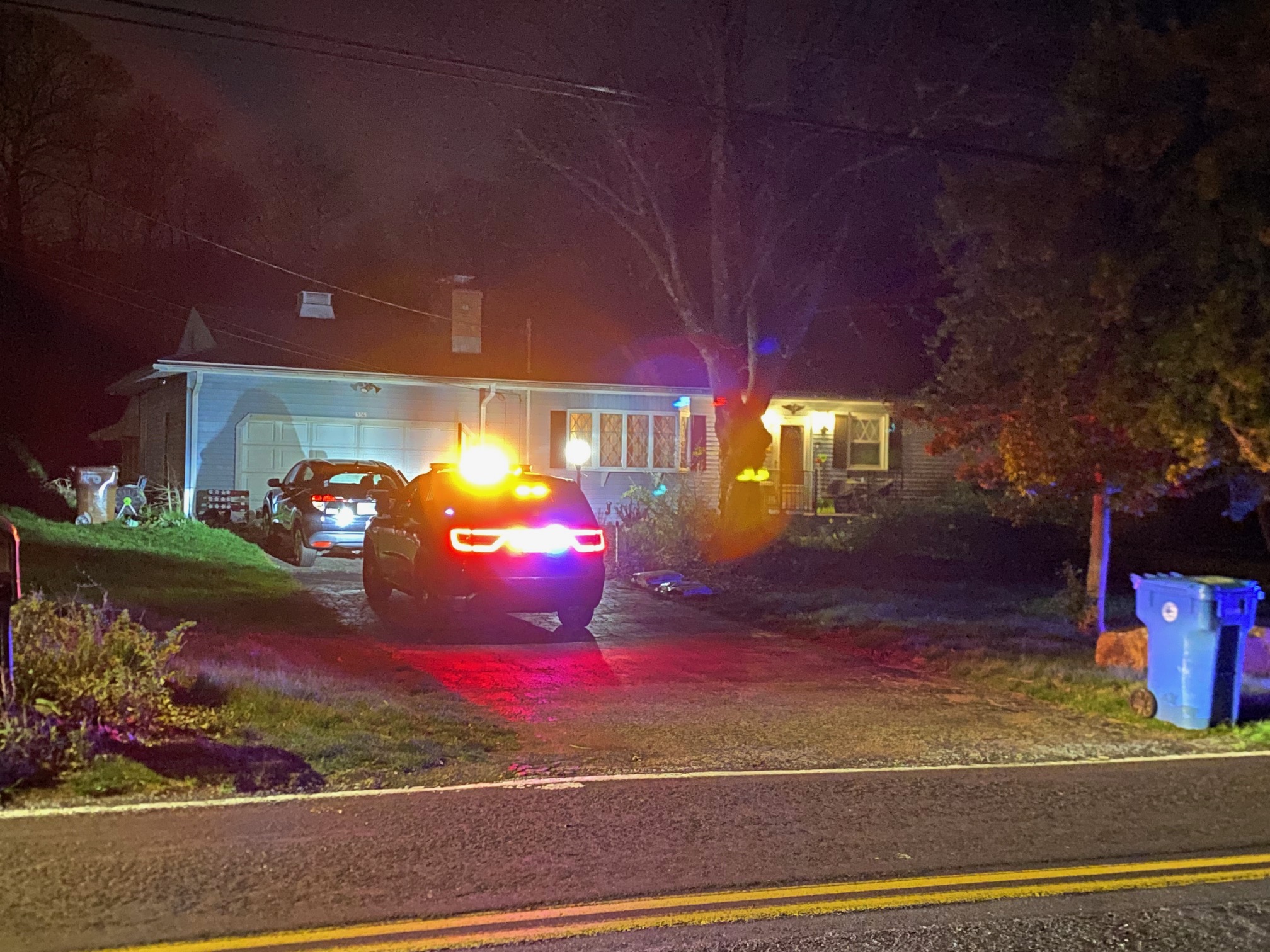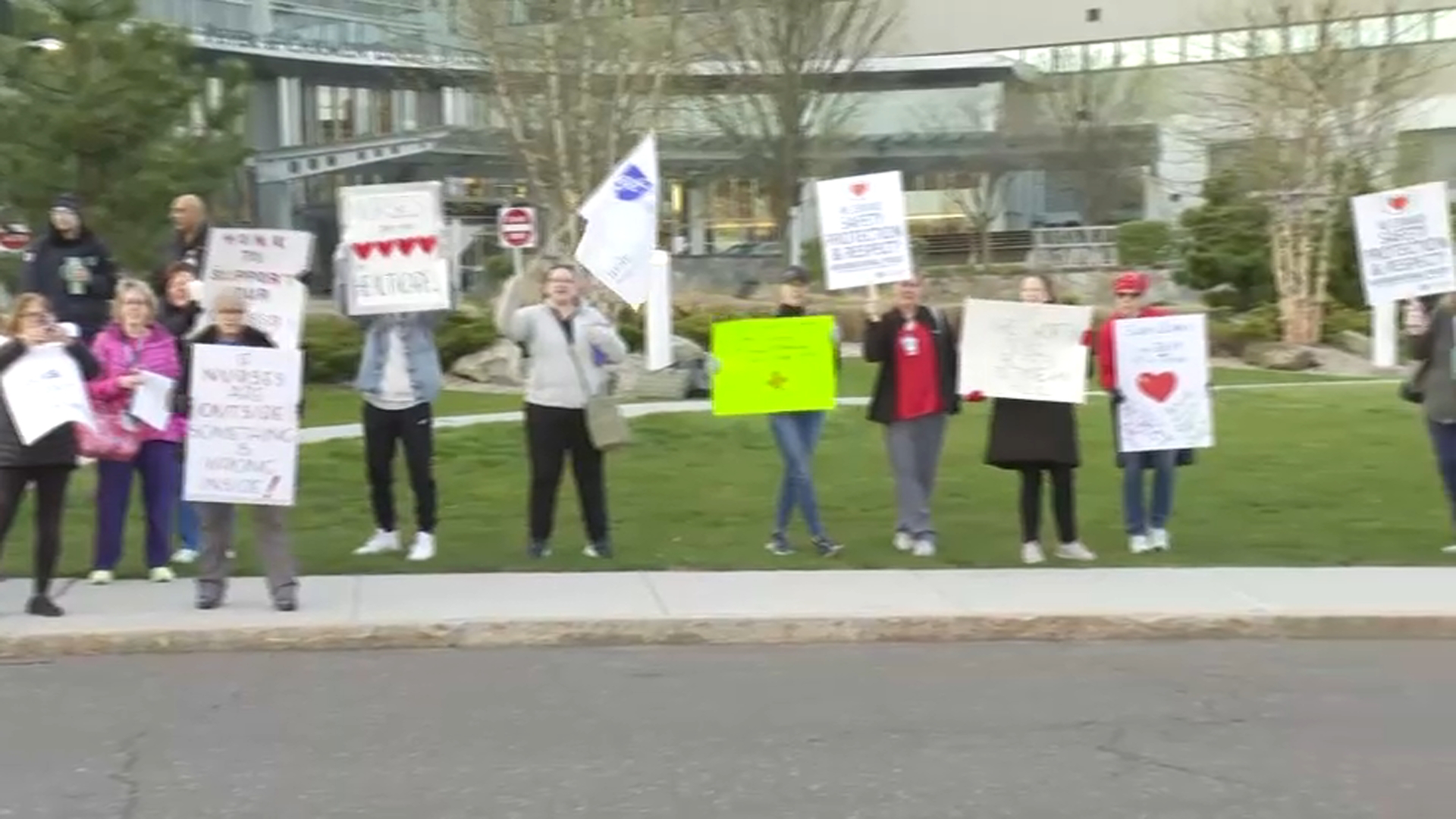A high number of possible synthetic marijuana overdoses in an extremely short period of time stressed emergency services in New London.
"It wasn’t no high. It was something that rushed you so quick before you know it, you shaking you on the ground, and doing all kinds of flopping around," said a man in New London who described his 'K2' overdose experience.
The man, who wanted to remain anonymous, described his overdose experience with synthetic marijuana – also known as K2 – from years ago to NBC Connecticut.
"You pass out, you black out, you don’t know nothing," he said.
Lawrence + Memorial Hospital’s EMS and Emergency Management Coordinator, Ron Kersey, said the hospital has seen about 14 possible K2 overdoses in New London between Wednesday and Thursday.
"Any time you get a spike like this, it does stress the system a little bit," Kersey said.
Kersey said the stress means he has to pull other crews from their communities in order to increase his staff.
Local
The reaction to K2 differs from patient-to-patient, Kersey added.
"Some of them came in as seizures. There were unconscious victims that were breathing just fine, but unconscious," he explained.
Other patients can be violent and bite, scratch or fight responders, said New London Fire Department Battalion Chief Thomas Curcio. That’s why he sends extra people – five or six individuals – on these type of overdose calls.
Responders don’t know what chemicals are used in different batches of K2.
New London Police Chief Peter Reichard said he has officers out in neighborhoods trying to find out where the K2 is and who is selling it. He said in the warmer weather, he tends to see more problems with synthetic marijuana.
Many of the possible overdose calls Thursday were outside and several were in the area of Hobron Street, Montauk Avenue and Bank Street, said Battalion Chief Edward Sargent on Thursday. Many patients were homeless, he added.
At L+M Hospital, recovery coaches with the Connecticut Community for Addiction Recovery are helping K2 patients get treatment if they want it. So far they put one person in detox.
“He was just ready for a change. He was obviously hurting,” said Jennifer Chadukiewicz, the emergency department recovery coach manager.
Her coaches help connect addicts to resources in the community.



